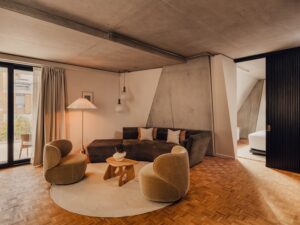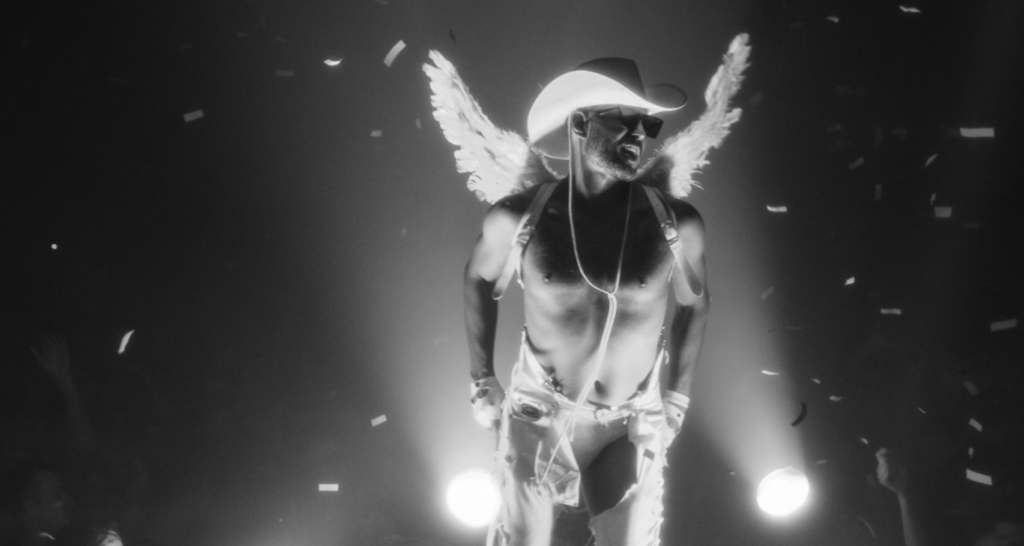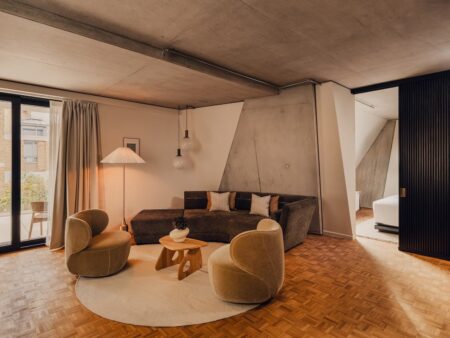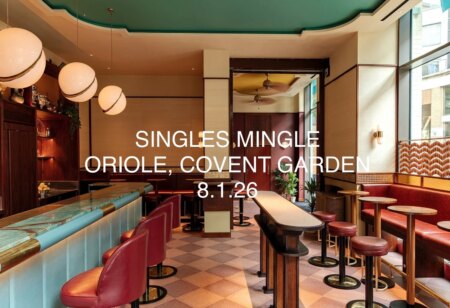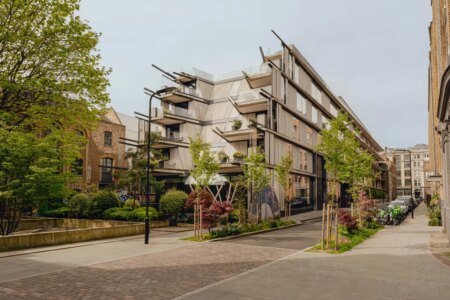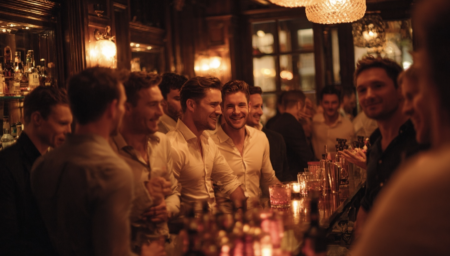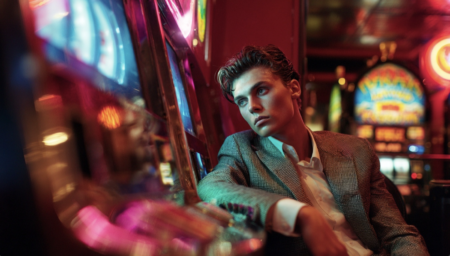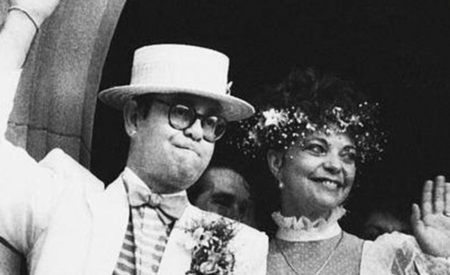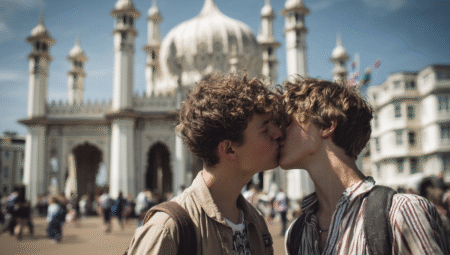A vibrant festival celebrating LGBTQ+ culture is set to return to Manchester for the fifth consecutive year. Promoter Rod Connolly describes Homobloc as a “Queer Christmas,” a 13-hour event highlighting various aspects of queer culture through music, dance, and performance art. Scheduled to occur on 9 November, the festival will take over the expansive Depot Mayfield, a disused railway station adjacent to Manchester Piccadilly.
From 3pm on 9 November, the venue’s dance tunnels, loft spaces, and warehouse areas will be transformed into a hub of activity. Attendees can look forward to performances from a diverse lineup of go-go dancers, drag stars, and artists representing a spectrum of sexualities and genders. This year’s headliners include artists like Rahim Redcar, formerly known as Christine and the Queens, and Shygirl, along with DJs such as Haai, Horse Meat Disco, and Hannah Holland. These performances are part of a broader trend of large, inclusive queer events that have emerged in recent years.
Homobloc is part of a thriving scene of queer festivals across the UK, including events like False Idols and Mighty Hoopla in London, and Body Movements in Southwark Park. Each of these events aims to provide a safe, celebratory space for queer communities while highlighting the rich diversity within.
The festival’s origins can be traced back to 2019, created by Luke Unabomber from the original Homoelectric party scene in Manchester, known for its countercultural approach to nightlife. Connolly, with two decades of experience in Manchester’s queer scene, joined Homobloc’s production team in 2023 after initially being involved as a performer. He credits the festival’s success to its eclectic mix of music genres, from punk and techno to hip-hop and house, as well as its open-hearted approach. “The northernness of it means our arms are wider to bring people in than perhaps other cities,” Connolly explains.
One of Homobloc’s unique aspects is the involvement of non-musical performers. During the festival’s first year, a procession of dancers and drag queens parodied the messages of the Westboro Baptist Church, adding a satirical edge to the festivities. Creative Director Sophie Bee recalls moments of profound impact and empowerment among performers and attendees alike, including a memorable instance where a performer confidently embraced her identity in front of 10,000 people.
As nightlife venues close across the UK, festivals like Homobloc become increasingly important. In 2023 alone, 125 small music venues ceased operations, impacting queer nightlife significantly. Connolly believes the festival provides a platform for artists and a community for clubgoers, particularly in Manchester, where queer spaces are both beloved and limited in capacity.
Despite its success, Homobloc has not been without controversy. Since partnering with the major events company Warehouse Project, the festival has faced criticism from local promoters over concerns of corporate exploitation and the redirection of profits from queer venues. Warehouse Project, like many independent promoters, is majority-owned by Live Nation-Gaiety Holdings, with ties to the Saudi Arabian Public Investment Fund, sparking ethical debates within the community.
In response, the festival has introduced low-income tickets and continues to support local LGBTQ+ charities. Over the years, it has raised more than £137,000 for organisations like the Proud Trust and the LGBT Foundation.
Looking to the future, Connolly envisions expanding Homobloc into a camping festival, hoping to extend the festival’s immersive experience. Until then, both he and Bee are focused on this year’s eagerly anticipated event, promising another memorable evening of celebration and community spirit. Homobloc will take place at Depot Mayfield, Manchester, on 9 November.
Source: Noah Wire Services


